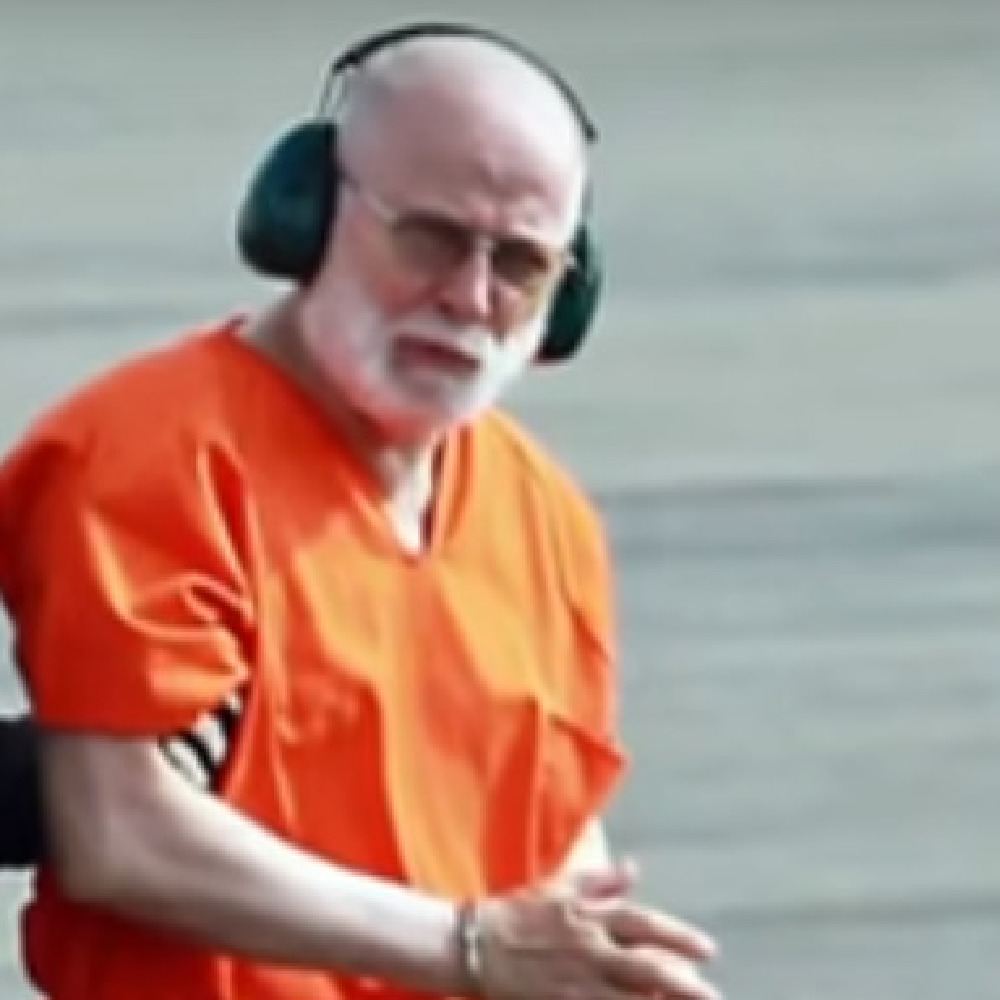Organized crime can cover many things, like murder, conspiracy, extortion; unnervingly, it seemed that Whitey Bulger’s actions ticked much more than these three boxes.

James 'Whitey' Bulger / Picture Credit: 60 Minutes on YouTube
Who was Whitey Bulger?
James ‘Whitey’ Bulger began a life of crime at the young age of 14; he grew to become a prominent figure in Boston’s organized crime scene by the late 1970s.
From 1975 to 1990, Bulger served as an FBI informant, tipping the police in regard to the Patriarca crime family; he did this while simultaneously building his own crime network.
After absconding Boston in 1995, Bulger landed himself on the FBI’s ‘Ten Most Wanted’ list. In 2011 he was caught in California (CA) and, after a two month trial, the crime boss was found guilty of multiple charges including federal racketeering, extortion, conspiracy, and 11 murders.
Early life
Bulger was born James Joseph Bulger Jr on September 3rd, 1929, in Dorchester Massachusetts. He was one of six children born to Catholic Irish-American parents. Whitey (a nickname given to him due to his white-blond hair) grew up in a south Boston public housing project.
Bulger was a difficult child and often caused trouble; he even lived out his (rather odd) childhood fantasy of running away with the circus when he was only 10 years old.
Bulger’s first arrest occurred when he was 14 and got in trouble for stealing; from then, his criminal record began to intensify. In his youth, Bulger was arrested for larceny, forgery, assault and battery, and armed robbery; he ended up serving five years in a juvenile reformatory.
Upon his release, he joined the Air Force where, perhaps unsurprisingly, he served time in military jail for assault, before being arrested for going AWOL. Despite this, Bulger received an honourable discharge in 1952.
Alcatraz
After returning to Boston, Bulger’s life of crime continued. His list of offences grew bigger and bigger, culminating in a string of bank robberies going from Rhode Island to Indiana (around 900 miles). In June 1956, he was sentenced to 25 years in federal prison.
Bulger ended up serving nine of these 25 years, including stints in Atlanta, Alcatraz, and Leavenworth.
Bulger allegedly served time in Alcatraz because he was discovered making plans to escape from the Atlanta prison.

Regardless, after he served his time, he returned to Boston and once again, went back to his criminal lifestyle; it seemed that stints in prison did nothing to deter Bulger’s behaviour.
Bulger became an enforcer for crime boss Donald Killeen; after he was gunned down in 1972, Bulger joined the Winter Hill Gang where he quickly rose up the ranks. A shrewd, ruthless, cunning monster, Bulger sanctioned numerous killings, including the murders of Spike O’Toole, Paulie McGonagle, Eddie Connors, Tommy King, and Buddy Leonard.
Becoming the boss of the Winter Hill Gang
By 1979, Bulger had become a renowned figure in Boston’s crime scene. That same year, Howie Winter (boss of the Winter Hill Gang) was sent to prison for fixing horse races; Bulger assumed leadership over the gang.
Over the next 16 years, the new boss of the Winter Hill Gang came to control a not insignificant segment of Boston’s drug dealing, bookmarking, and loansharking operations.
During the same time (1975-1990), unknown to even his closest associates, Bulger was an FBI informant. He helped bring down the Patriarcas, a New England organized crime family, while concurrently building a more powerful and more dangerous crime network of his own.
Fugitive life
In the spring of 1994, the DEA (drugs enforcement agency), the Massachusetts state police and the Boston police department launched an investigation into Bulger’s gambling operations. In early 1995, Bulger and his associate Stephen Flemmi, were indicted; Bulger managed to slip through the grasp of authorities, however.
According to federal sources, Bulger’s FBI handler, long-time friend Agent John Connolly, tipped Bulger off to the 1995 indictment, allowing the crime boss to flee. In 1999, Bulger was placed on the FBI’s ‘Ten Most Wanted’ list, at one point he was second on the list, behind Bin Laden.
A $1M reward was issued for anyone who could give information that led to Bulger’s arrest.

Capture and trial
The 16-year-long manhunt for Bulger ended in June 2011, when the FBI had a building manager lure Bulger to his apartment garage; there, he was surrounded by FBI agents and local officers.
Inside the apartment, authorities found 30 guns, $822,000 in cash, knives and ammunition, much of which was hidden in the walls.
Bulger faced a 33-count indictment, including money laundering, extortion, drug dealing, corrupting FBI and other law enforcement officials, and participating in around 19 murders. He was also charged with federal racketeering for allegedly running a criminal enterprise from 1972 to 2000.
Sentencing and death
In August of 2013, after a two month trial a jury, after deliberating for five days, found Bulger guilty on 31 counts, including federal racketeering, conspiracy, and 11 of the 19 murders.
Bulger was sentenced to two life sentences plus five years in prison, in November 2013.
The crime boss was found unresponsive at a U.S penitentiary in Hazelton, West Virginia, in October 2018.
Written by Melissa, who you can follow on Twitter @melissajournal
RELATED: Sinister Saturday: Moses Sithole, one of Africa's most prolific serial killers
Many serial killers’ stories are followed profusely by the media, before and after their arrest. However, in a place where crime is so high, media attention didn’t perk up until a pattern of death was discovered by authorities…
Tagged in True Crime conspiracies

